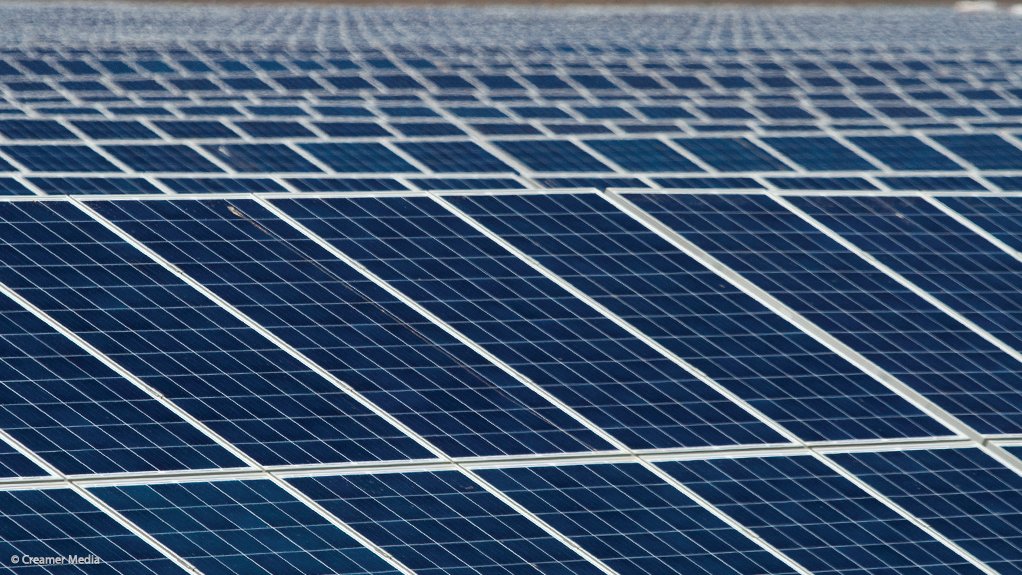- The IPP Judgment0.43 MB
The City of Cape Town, which approached the High Court in 2017 for an order allowing it to procure renewable energy from independent power producers (IPPs) without first securing the consent of the Energy Minister, has been directed by the court seek a settlement with the Minister and the regulator.
Should it fail to secure a settlement, however, the city would be entitled to return to the court to have the matter heard again.
The city has been in dispute with government and the National Energy Regulator of South Africa (Nersa) on whether it has the right to contract directly with IPPs since 2015, after it failed to receive a response from the Minister to its request for a Ministerial determination under Section 34 Electricity Regulation (ERA) to enable it to do so.
The city approached the court for a declarator after Nersa concluded that it could not license an IPP to establish new generation capacity without a Ministerial determination,
The city’s application, which was supported by the Centre for Environmental Rights, called on the court to order that a Section 34 Ministerial determination under the ERA was either not a requirement or, alternatively, was unconstitutional on the basis that it encroached on the powers and functions of local government.
In responding to the case, which was eventually heard by the Gauteng High Court in May this year, the Minister argued that the city’s application was premature, because the city was compelled by Section 41 of the Constitution and the Intergovernmental Relations Framework Act to first seek to resolve intergovernmental disputes outside of the courts.
In her judgment, Judge Leonie Windell referred the dispute back to the parties in terms of Section 41(3) of the Constitution, which requires all spheres of government to strive to adhere to the principle of cooperative governance, and Section 41 of the Intergovernmental Relations Frameworks Act, 2005.
Should efforts to settle the dispute in terms of Chapter 4 of that Act prove unsuccessful, however, the judge wrote that “any party may apply to this court for leave to re-enroll this application for hearing on the same papers and on such conditions as the court may determine”.
The costs of the hearing on May 11 and 12, including the costs relating to heads of argument for the hearing and the cost of three counsel, were to be paid by the City of Cape Town.
City of Cape Town energy and climate change executive director Kadri Nassiep told Engineering News that the city was considering its options following the judgment.
He highlighted, too, that the court had not pronounced on the merits of the application and had instead referred the matter back to the parties to resolve.
The city was also continuing to prepare for a new energy future by developing a city-level integrated resource plan and engaging with the National Treasury on the possible establishment of a future city IPP office.
“Work on sustainable energy solutions for Cape Town has thus not been delayed,” Nassiep said.
The city, he added, had been putting pressure on the national government for many years to reshape the energy regime in South Africa to the benefit of its residents and businesses, as well as to enable more secure, cleaner and more affordable energy sources to be added to the mix and to promote more inclusive access to energy in Cape Town.
“It will continue to do what is in the best interest of its residents to make Cape Town more future fit,” he added.
EMAIL THIS ARTICLE SAVE THIS ARTICLE ARTICLE ENQUIRY
To subscribe email subscriptions@creamermedia.co.za or click here
To advertise email advertising@creamermedia.co.za or click here











